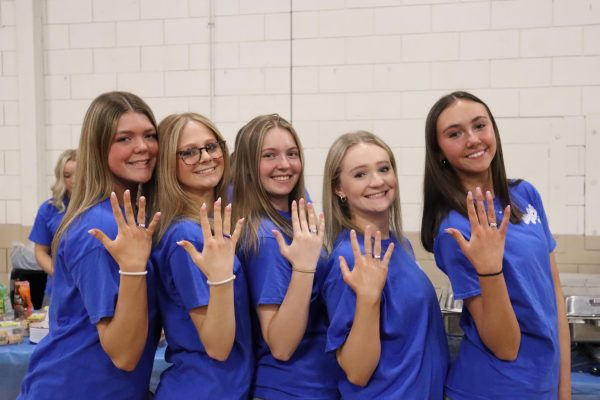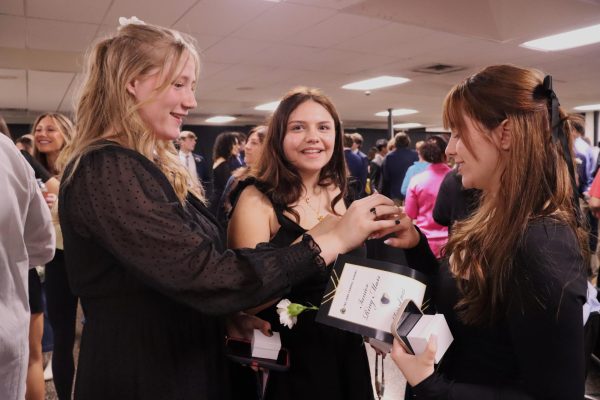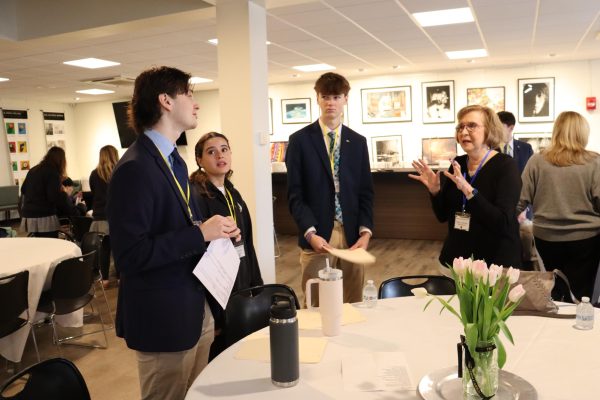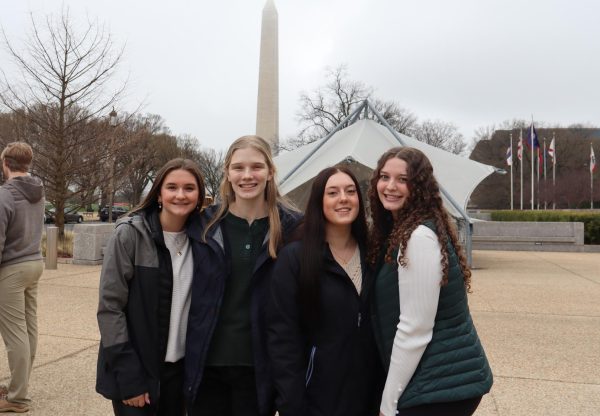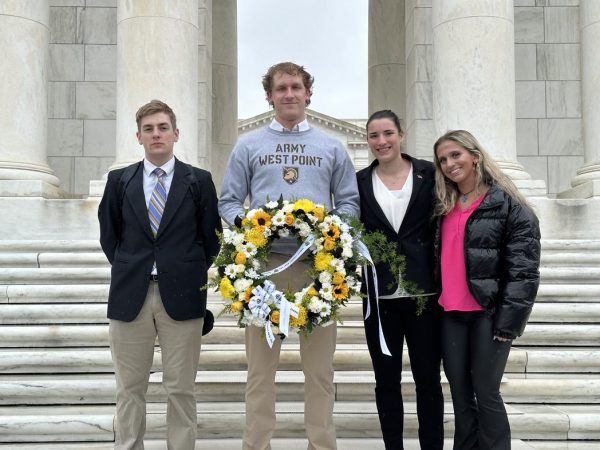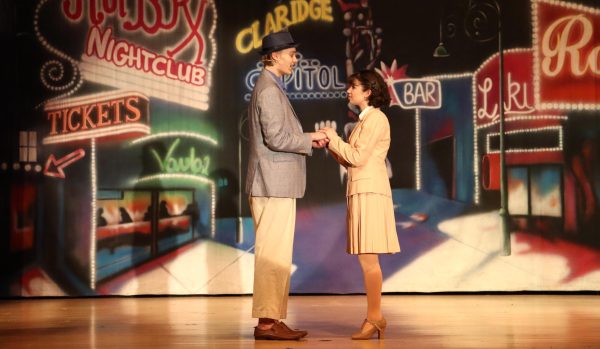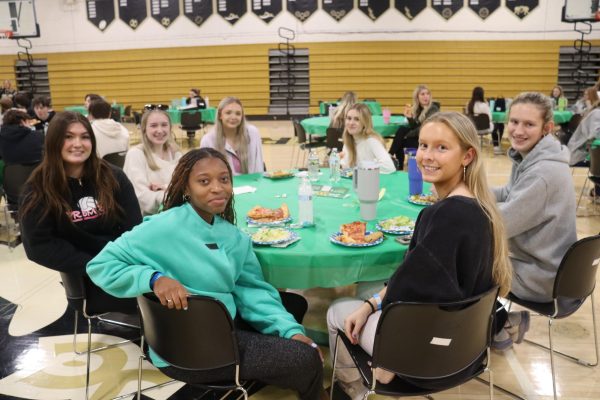Friends R Family Club hosts QPR training for students
March 24, 2022
Question. Persuade. Refer. QPR training saves lives. On March 15, the Friends R Family Club hosted a QPR training that was open to all students. QPR refers to a strategy that is used to help prevent suicide.
Ms. Paula Nash, who works with Harford Country Suicide Prevention, contacted Director of Marking Kathy Walsh to see if JC was interested in hosting a QPR training. Mrs. Walsh then contacted school counselor, Mrs. Molly Roseland, who then got into contact with the Friends R Family student leader, senior Kate Inman, and they began planning the event.
Mrs. Walsh was the speaker and shared her own personal experiences with mental illness and how she got involved with QPR training. She believes it is important to “open the line of communication” with others because “most people want to be helped.”
She showed a PowerPoint presentation that reinforced what she was saying about how QPR is really about asking the questions, listening to the person suffering, sharing your observations, and referring the person to a professional.
She said that “any positive action can make a difference” and to “be proud of asking.” Mrs. Walsh discussed certain cues that someone may give to show that they are suffering inside. There are verbal signs, indirect verbal signs, verbal clues, behavioral clues, and situational clues that may raise red flags that someone is suffering mentally.
She used the example that if someone starts to give away their prized possessions, that is a big red flag. She said to ask the person if they are hurting in a direct way, like saying “Are you thinking of suicide?” She prefers the direct approach to asking the question, but she explains that there are less direct ways to ask the question.
She does, however, caution people away from asking negative questions like “You aren’t thinking of suicide, right?” because that is setting up the person to answer no to the question.
One of the reasons for QPR training is to take away the stigma that surrounds mental health, and to “normalize it,” as Mrs. Walsh said. It is important to talk about it because “the more you talk about it, the more comfortable you feel about it,” she added.
Mrs. Walsh said to “do your best,” and “if you are trying, you are doing the best you can.” Using the QPR approach isn’t always going to save everyone, but Mrs. Walsh said it is important to know that these aren’t “one and done conversations.” She said that they are ongoing conversations, and these conversations show the person that you care, and “caring may save a life.”
Mrs. Roseland helped plan the event and hopes to have it at least once a year for students. JC staff will have the opportunity to attend a QPR training in the next few months.
She hopes that this training will “help our students understand the struggles of those suffering and help them to feel like they have nothing to be ashamed about, therefore, decreasing the stigma.”
She wants students to learn that they are not alone, and that “being there for others who are suffering is empowering.”
During the training Mrs. Roseland said to students that “sometimes you have to be uncomfortable to help someone,” but she continued with how important it is to help them anyway.
The student leader of Friends R Family, Kate Inman shared her experience with mental illness and said that no matter what, “there is always hope.”



